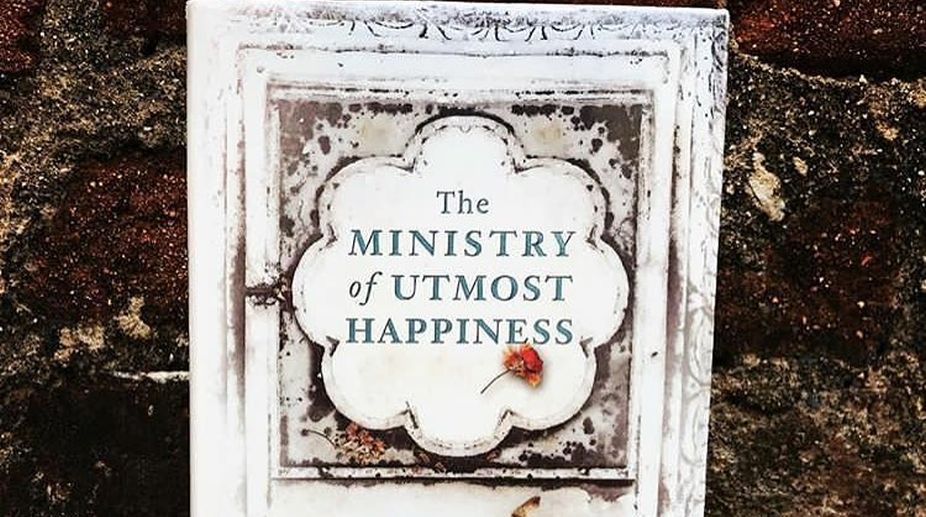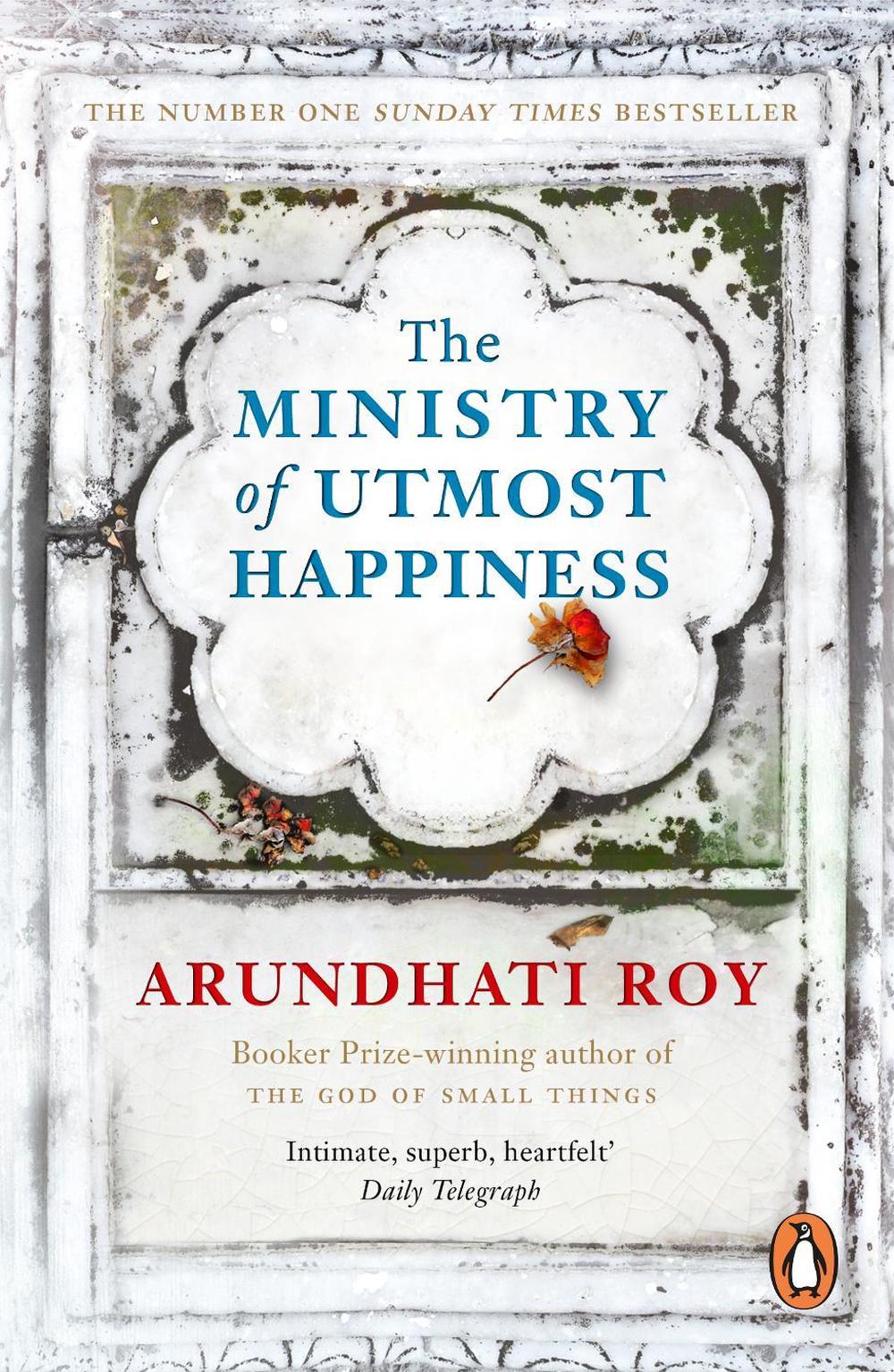

Silver beards of saliva dripped from their beaks, and one by one they tumbled off their branches, dead. As cattle turned into better dairy machines, as the city ate more ice cream, butterscotch-crunch, nutty-buddy and chocolate-chip, as it drank more mango milkshake, vultures’ necks began to droop as though they were tired and simply couldn’t stay awake. Each chemically relaxed milk-producing cow or buffalo that died became poisoned vulture bait. Diclofenac, cow aspirin, given to cattle as a muscle relaxant, to ease pain and increase the production of milk, works-worked-like nerve gas on white-backed vultures. The vultures died of diclofenac poisoning. Not all the din of their homecoming fills the silence left by the sparrows that have gone missing, and the old white-backed vultures, custodians of the dead for more than a hundred million years, that have been wiped out. When the bats leave, the crows come home.

Here is the opening of the novel:Īt magic hour, when the sun is gone but the light has not, armies of flying foxes unhinge themselves from the Banyan trees in the old graveyard and drift across the city like smoke. In the new book, as in the earlier one, what is so remarkable is her combinatory genius.

This does not mean that Roy’s powers are stretched thin, or even that their character has changed. By contrast, “The Ministry of the Utmost Happiness” is about India, the polity, during the past half century or so, and its griefs are national. “The God of Small Things” was about one family, primarily in the nineteen-sixties, and though it included some terrible events, its sorrows were private, muffled, personal. Now, finally, the second novel has come out, and it is clear that her politics have been part of its gestation. Roy became the most famous novelist on the subcontinent, and she probably still is, which is a considerable achievement, given that, after “The God of Small Things,” she became so enmeshed in the politics of her homeland that, for the next two decades, she didn’t produce any more fiction.

In 1997, she published that book, “The God of Small Things.” Within months, it had sold four hundred thousand copies and won the Booker Prize, which had never before been given to a non-expatriate Indian-an Indian who actually lived in India-or to an Indian woman. She had also been working on a novel for five years. In the late nineteen-nineties, when Roy was in her thirties, she did some acting and screenwriting-she had married a filmmaker, Pradip Krishen-but mostly, she says, she made her living as an aerobics instructor. Photograph by Bharat Sikka for The New YorkerĪrundhati Roy’s “The Ministry of Utmost Happiness” (Knopf) is a book that people have been waiting twenty years for. Roy’s second novel, coming twenty years after the first, is steeped in her politics.


 0 kommentar(er)
0 kommentar(er)
